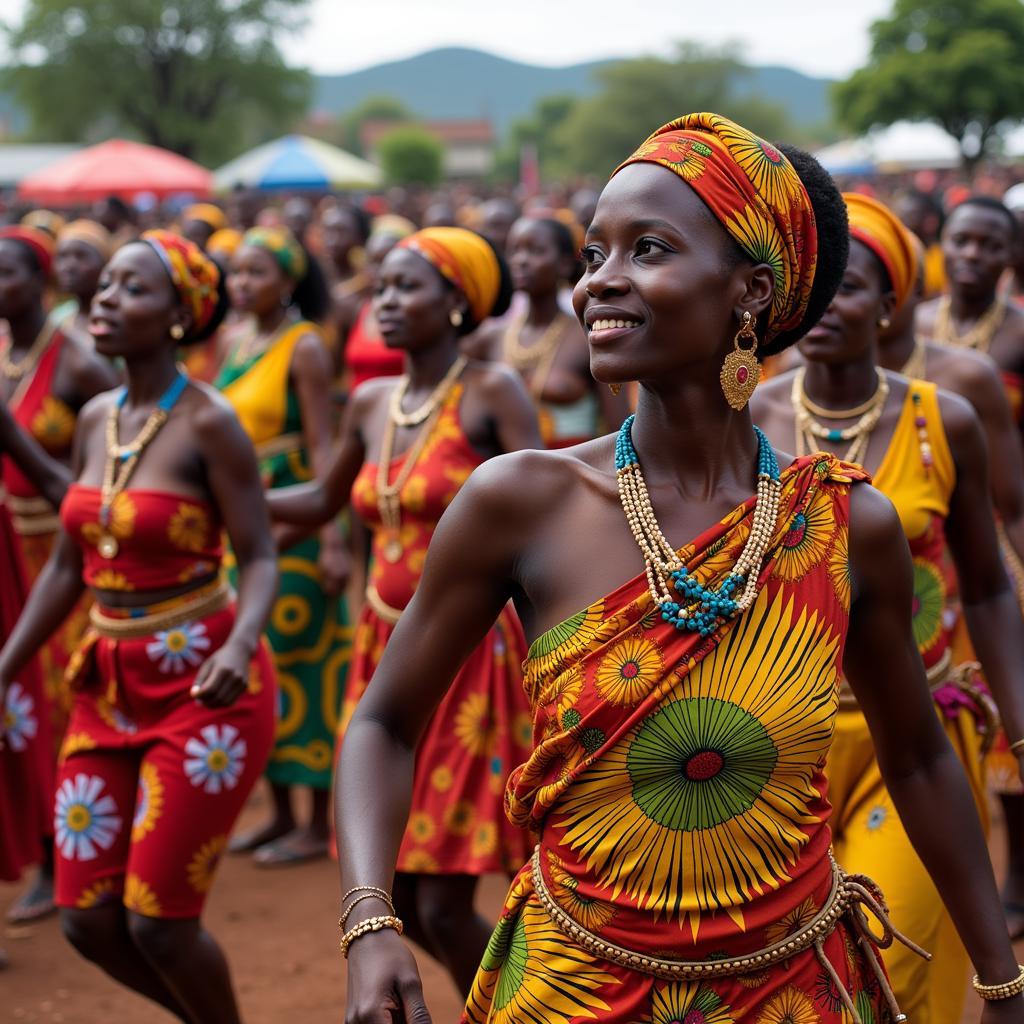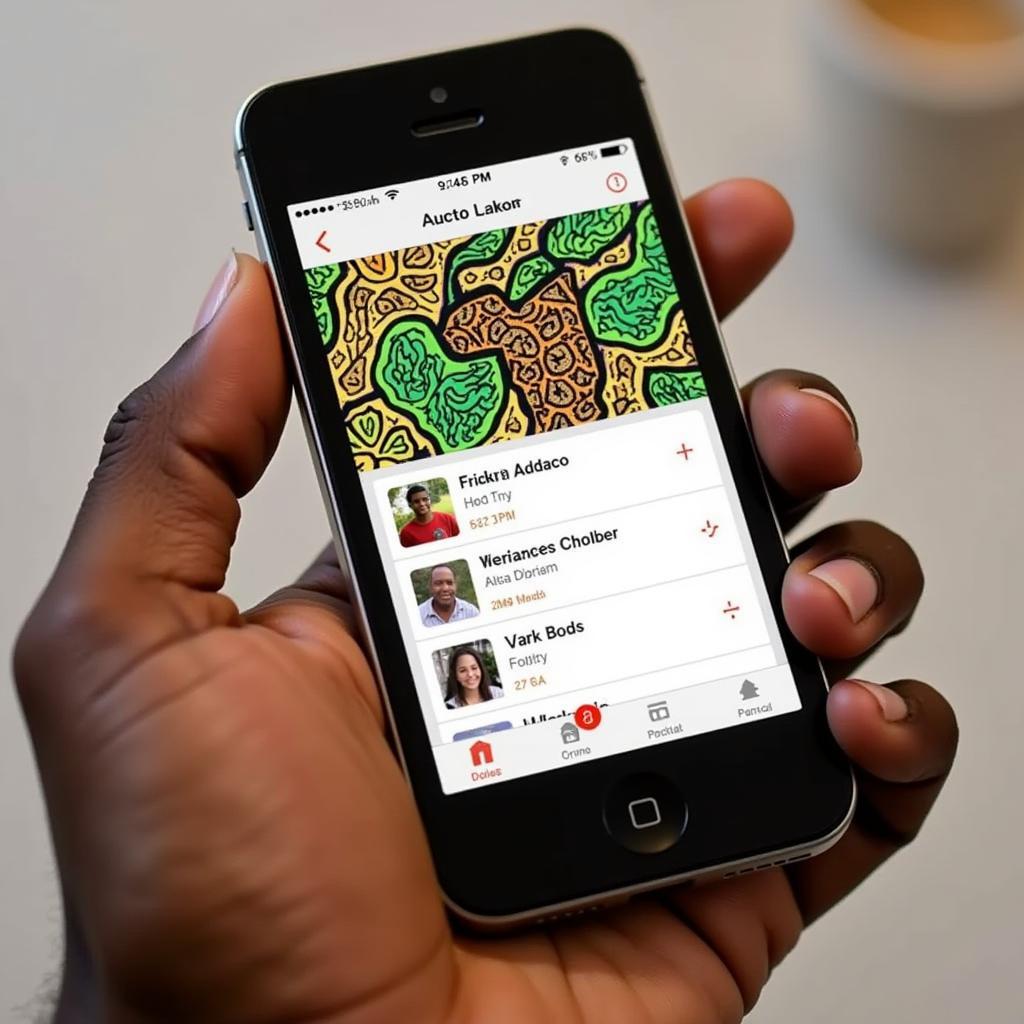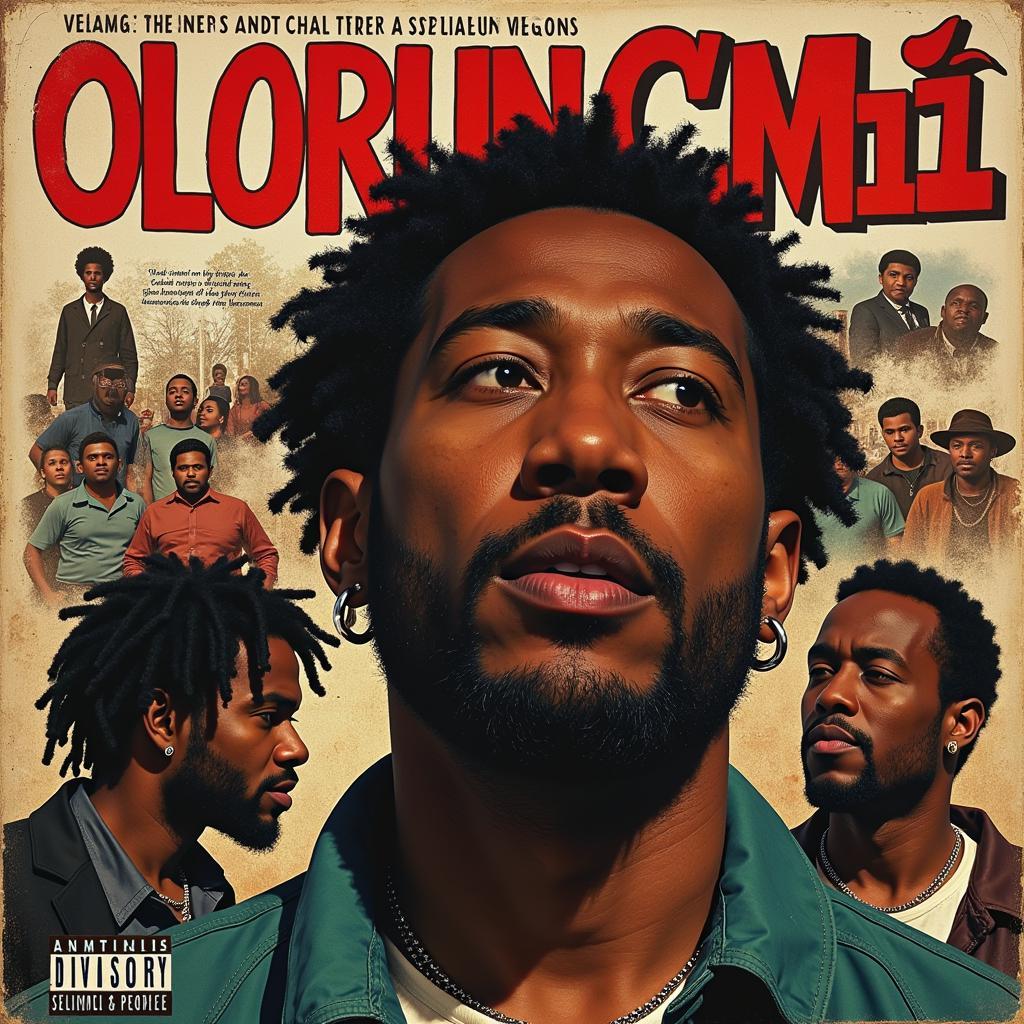About African Zombies: Unraveling Fact, Fiction, and Folklore
The enigmatic concept of African zombies has captivated imaginations for centuries. From ancient folklore to modern interpretations, the idea of the undead holds a unique place in African cultures, often intertwined with spiritual beliefs and societal anxieties. This exploration delves into the complex and multifaceted world of African zombies, separating myth from reality and examining the cultural significance behind these captivating figures.
Exploring the Origins of African Zombie Beliefs
The concept of zombies in Africa doesn’t fit neatly into the Westernized, Hollywood image of flesh-eating ghouls. Instead, the African zombie is deeply rooted in spiritual traditions and ancestral reverence. In many African cultures, death is not seen as a definitive end but rather a transition to another realm. This belief system opens the door to the possibility of manipulation, where malevolent forces or individuals might exploit spiritual vulnerabilities to control the deceased. 3 great african songs This often involves elaborate rituals and traditional practices, demonstrating the complex relationship between spirituality and the fear of the unknown.
Beyond the Grave: The Zombie in West African Vodou
The most widely recognized depiction of African zombies originates from West African Vodou, specifically in Haiti. Here, the zonbi is believed to be a person resurrected by a Bokor, a Vodou sorcerer. The process often involves poisoning the victim with a powerful neurotoxin, inducing a death-like state. The Bokor then “reclaims” the individual, who is now believed to be devoid of free will and under the sorcerer’s complete control. This depiction of zombification reflects societal anxieties surrounding power, control, and the potential exploitation of vulnerable individuals. It also highlights the deep-seated fear of losing one’s autonomy and becoming subservient to another’s will.
African Zombies in Popular Culture
The Western world’s fascination with African zombies has led to numerous portrayals in literature, film, and other media. While some attempt to represent the cultural context, many perpetuate stereotypical and inaccurate depictions. These often sensationalize the concept, focusing on the grotesque and violent aspects while neglecting the rich cultural and spiritual nuances that underpin the belief.
Separating Fact from Fiction: The Reality of African Zombies
The reality of African zombies is far more nuanced than popular culture suggests. While there is no scientific evidence of reanimating the dead, the belief in zombies persists in some communities. This belief is often rooted in fear and social control, used as a deterrent against deviant behavior.
Professor Adebayo Akinsanya, a renowned anthropologist specializing in African spiritual traditions, states: “The zombie myth serves as a powerful reminder of the importance of community cohesion and adherence to societal norms. It highlights the fear of being ostracized and losing one’s place within the social fabric.”
Conclusion: African Zombies – A Reflection of Cultural Beliefs
Understanding African zombies requires a deeper look into the spiritual beliefs, social structures, and anxieties that shape these narratives. It’s a complex topic that extends far beyond the simplistic portrayals in popular culture. By exploring the cultural context and separating fact from fiction, we can gain a richer understanding of this captivating aspect of African folklore. African zombies are not merely monsters; they are reflections of cultural beliefs and fears, offering a unique window into the human condition.
FAQ
- Are African zombies real?
While the reanimation of the dead isn’t scientifically proven, the belief in zombies holds cultural significance in some African communities. - What is a Bokor?
A Bokor is a Vodou sorcerer, often associated with the creation of zombies in Haitian Vodou. - How are African zombies different from Western depictions?
African zombies are often rooted in spiritual beliefs and social control, differing significantly from the flesh-eating monsters of Western media. - Why is the belief in zombies important in some African cultures?
The zombie myth can serve as a deterrent against deviant behavior and reinforce social norms. - What is the significance of the zombie myth?
The zombie myth reflects cultural anxieties surrounding death, power, and the potential for exploitation. - What are some common misconceptions About African Zombies?
Many misconceptions stem from Westernized portrayals that sensationalize the concept and disregard its cultural context. - Where can I learn more about African cultures?
3 great african songs provides an interesting entry point into appreciating the richness and diversity of African musical expression.
When you need assistance, contact us at Phone Number: +255768904061, Email: kaka.mag@gmail.com, or visit us at Mbarali DC Mawindi, Kangaga, Tanzania. Our customer care team is available 24/7.


